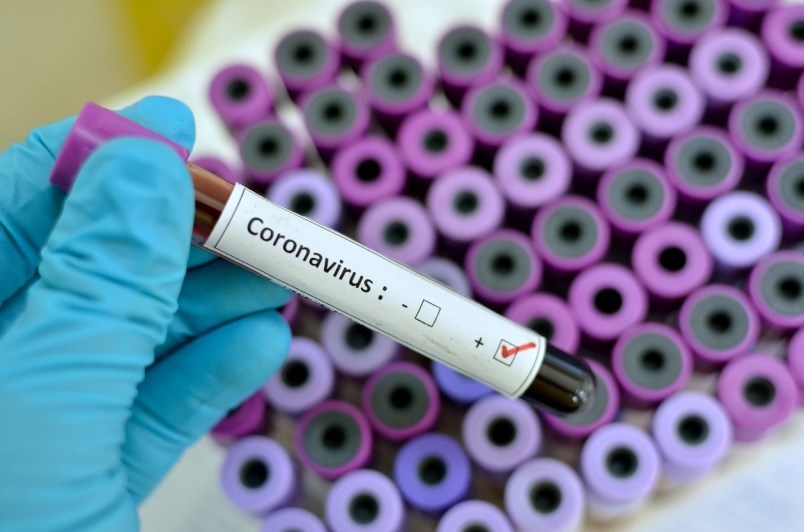KITCHENER — Advocates continue to call on government at multiple levels to consider coronavirus data collection around race, ethnicity, socioeconomic status among other factors.
More reports are coming out of the United States finding black communities disproportionately affected by the virus. This has even prompted a local advocacy group, the ACB Network of Waterloo Region, to petition the Federal Government to mandate the additional background data collection.
Michael Wallace, an Assistant Professor of biostatistic at the University of Waterloo, appeared on the Mike Farwell Show on 570 NEWS to talk about the benefits and obstacles in collecting this data.
He explained the government has already agreed that age was a factor in the spread of the virus, and have identified the elderly as at risk. Moving beyond that, researchers can consider other possible factors such as living situations, whether or not a person was an essential worker, or even transportation.
Wallace pointed to his own visual impairment, which prevents him from driving.
"My disability doesn't directly increase my risk of exposure to the coronavirus, but it does indirectly because I have to use buses and the LRT, if I need to get around," he said.
According to Wallace, our living situation and the type of work we do, often varies along racial, ethnic and socioeconomic lines. He points to the growing body of evidence of Black Americans affected by the coronavirus, as well as Indigenous Nations during the swine flu pandemic. Individuals from those communities were 6.5 times more likely to end up in the ICU.
"And if we can gather those high-level data, you know, what groups people belong to, that will allow us to identify which groups are most vulnerable and most at risk, just like we've already done with the elderly."
The data collected could go a long way in informing current and future health policies, and minimizes the risk of the virus going forward. Possibly by providing easier medical access or protective equipment.
He did caution that any data collection must be done in respect to personal privacy, but said researchers were more than capable of navigating those complex issues, as it is often part of their work already.
